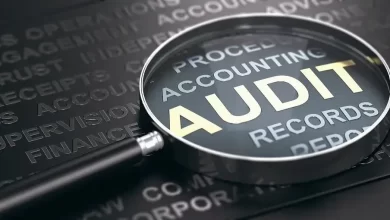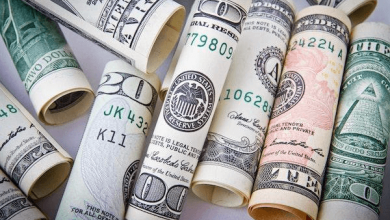Spending Habits to Avoid

There are many spending practices that we develop as time passes, which can harm our financial future. Most people know that they should save money, but many don’t know how to go about it. In fact, many people plan on saving money only to make it to the halfway line. Here are eight of the worst spending habits to avoid if you want to save money.
Not Living on a Budget
One of the most important things you can do for your finances is create a budget and stick to it. This ensures that you know your income and expenses and can make informed decisions about your spending. Without a budget, it is easy to overspend and get into debt.
The best way to start is to track your spending for a month to get an idea of your money, make a list of essential expenses, and find ways to cut costs in non-essential areas.
Not Saving for Emergencies
Another critical habit to develop is saving for emergencies. This will help you cover unexpected expenses without going into debt and, in turn, one of the best ways on how to stop debt collector calls. You should aim to have at least three to six months of living expenses saved to protect yourself in case of a job loss or other emergency.
One of the best ways to save for emergencies is to set up a separate savings account and automate your deposits. This way, you will not be tempted to spend the money on non-essentials.
Paying Only the Minimum on Your Credit Cards
If you are only making the minimum payments on your credit cards, you are likely paying a lot in interest and not making much progress. It is essential to pay more than the minimum payment each month to reduce your debt and save money on interest.
Some best practices for credit cards include paying more than the minimum payment each month, avoiding cash advances, and using credit cards wisely. It is also essential to keep track of your spending and make sure you are not overspending.
Making Impulse Purchases
We have all been guilty of making impulse purchases from time to time. Whether it is a new piece of clothing or the latest gadget, these purchases can add up and strain your budget. It is essential to resist making impulse purchases and stick to your budget.
One method is to wait 24 hours before making a purchase. This will give you time to think about whether you need the item. You can also try to stick to a list when you go shopping to buy what you need.
Overpaying on Car Insurance
If you are overpaying on your car insurance, you are wasting money that could be put to better use. It is essential to shop around and compare rates to ensure you get the best deal. Many websites allow you to compare rates from different companies.
Some things that can affect your insurance rates include your driving record, your car, and your age. You can also get discounts for things like having a good driving record or taking a defensive driving course.
Spending Before You Save
It is vital to save money each month, even if it is just a small amount. This will help you build up a financial cushion in emergencies and give you peace of mind knowing that you have some savings to fall back on.
One method is to adopt a saving culture to transfer money into your savings account each month automatically. This way, you will not be tempted to spend the money on other things.
You can also try to break the habit of spending before you save by setting up a budget and sticking to it. This will help you make sure that you are
There are spending habits to avoid, as they can be detrimental to your financial health. It is essential to be aware of these habits and make an effort to avoid them. You will be on your way to better financial health by doing so. The best thing is having the financial discipline and having consistency regarding the overall spending.





